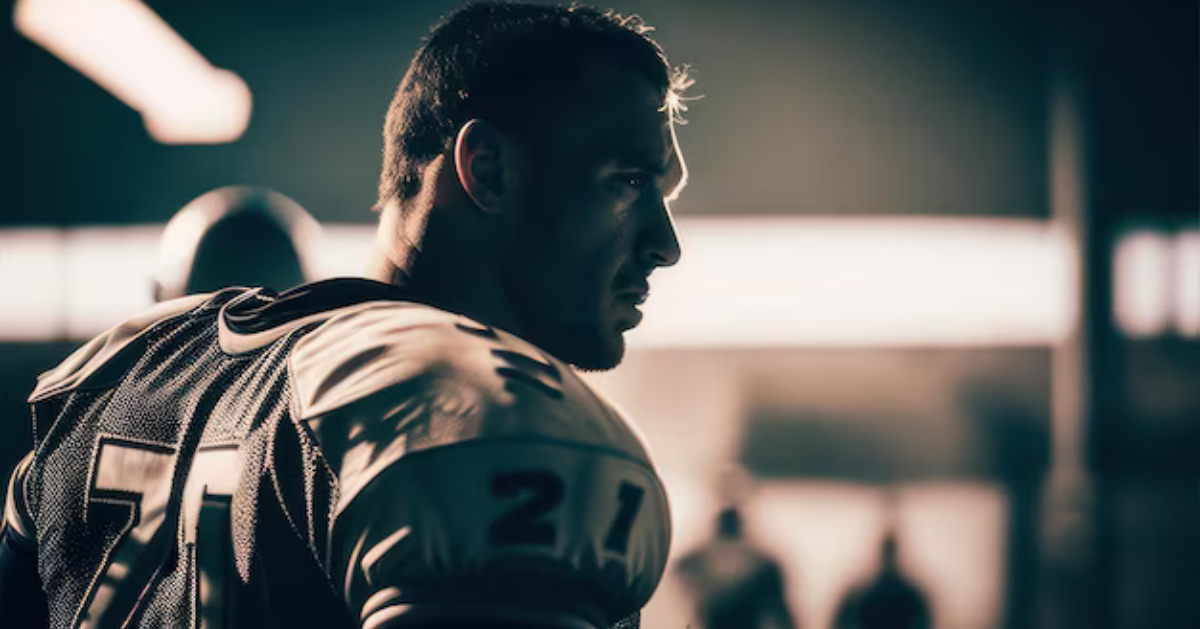A quaterback is more than just a player; they are the heartbeat of football. Their role combines leadership, strategy, and execution, making them pivotal in every game. Whether you’re a fan, an aspiring player, or just curious about this essential position, understanding the quarterback’s journey and responsibilities brings new appreciation to the sport.
What Does a Quarterback Do?
At its core, a quarterback directs the offense. They call plays, read defenses, and deliver the ball through passing or handing it off. Their decisions often dictate the game’s flow and outcome.
The Leadership Role of a Quarterback
Quarterbacks aren’t just athletes; they’re leaders. They inspire confidence in teammates, take responsibility for outcomes, and set the tone for the game. Leadership on the field translates to trust and respect off the field.
Essential Skills Every Quarterback Needs
Passing Accuracy: Precision in throwing ensures receivers can catch effectively.
Quick Decision-Making: Reacting under pressure is critical in fast-paced situations.
Strong Communication: Conveying strategies clearly to teammates is non-negotiable.
Mobility and Agility: Moving swiftly to avoid tackles and make plays is vital.
The Training Behind Success
Becoming an exceptional quarterback takes rigorous physical and mental preparation. Training programs emphasize strength, endurance, and flexibility, while mental exercises hone focus and tactical thinking.
Understanding the Playbook
Quarterbacks must master complex playbooks. Each play outlines player roles and strategies tailored to counter the opponent’s defense. A deep understanding of these plans ensures smooth execution.
Reading the Defense Like a Pro
A quarterback’s ability to analyze the opponent’s defensive setup determines their play’s success. Recognizing patterns, predicting movements, and adjusting strategies in real-time are hallmarks of expertise.
The Importance of Team Chemistry
Strong rapport with teammates ensures better communication and execution. From receivers to linemen, quarterbacks must synchronize with everyone to achieve optimal results.
Overcoming High-Pressure Moments
Quarterbacks often face game-changing moments. Staying calm, focused, and confident under pressure defines the difference between good and great players.
Notable Quarterbacks in History
Icons like Tom Brady, Peyton Manning, and Joe Montana have revolutionized the quarterback position. Their skills, work ethic, and leadership have set benchmarks for aspiring players.
The Role of Technology in Quarterback Training
Modern quarterbacks benefit from advanced technology. Tools like virtual reality simulations and analytics software improve decision-making, accuracy, and game preparation.
The Evolution of the Quarterback Position
From a purely passing role to dual-threat capabilities, the quarterback’s responsibilities have evolved. Today’s quarterbacks often combine running and passing, making them versatile threats.
Challenges Quarterbacks Face
From injuries to intense scrutiny, quarterbacks endure significant challenges. Overcoming these obstacles requires resilience, support, and an unyielding drive.
Youth Football and Aspiring Quarterbacks
For young players dreaming of becoming quarterbacks, starting early with fundamental skills and a strong work ethic is crucial. Training camps and mentorship programs provide invaluable guidance.
The Future of Quarterbacks in Football
As the game evolves, quarterbacks will continue to adapt. Innovations in training and strategies promise a new generation of skilled players redefining the position.
Conclusion
Quarterbacks embody the spirit of football—resilient, strategic, and inspiring. Their role goes beyond executing plays; they lead, innovate, and uplift their teams. Understanding the complexities of being a quarterback deepens appreciation for the game and those who play it.
FAQs
What makes a good quarterback?
A good quarterback combines physical skill, quick decision-making, leadership, and resilience.
Why is the quarterback so important?
The quarterback directs the offense, making critical decisions that influence the game’s outcome.
How do quarterbacks improve accuracy?
They improve through focused training, consistent practice, and studying their mechanics.
Who are some of the best quarterbacks in history?
Legends include Tom Brady, Joe Montana, Peyton Manning, and Drew Brees.
Can a quarterback win games alone?
No. Football is a team sport, and even the best quarterbacks rely on their teammates for success.

